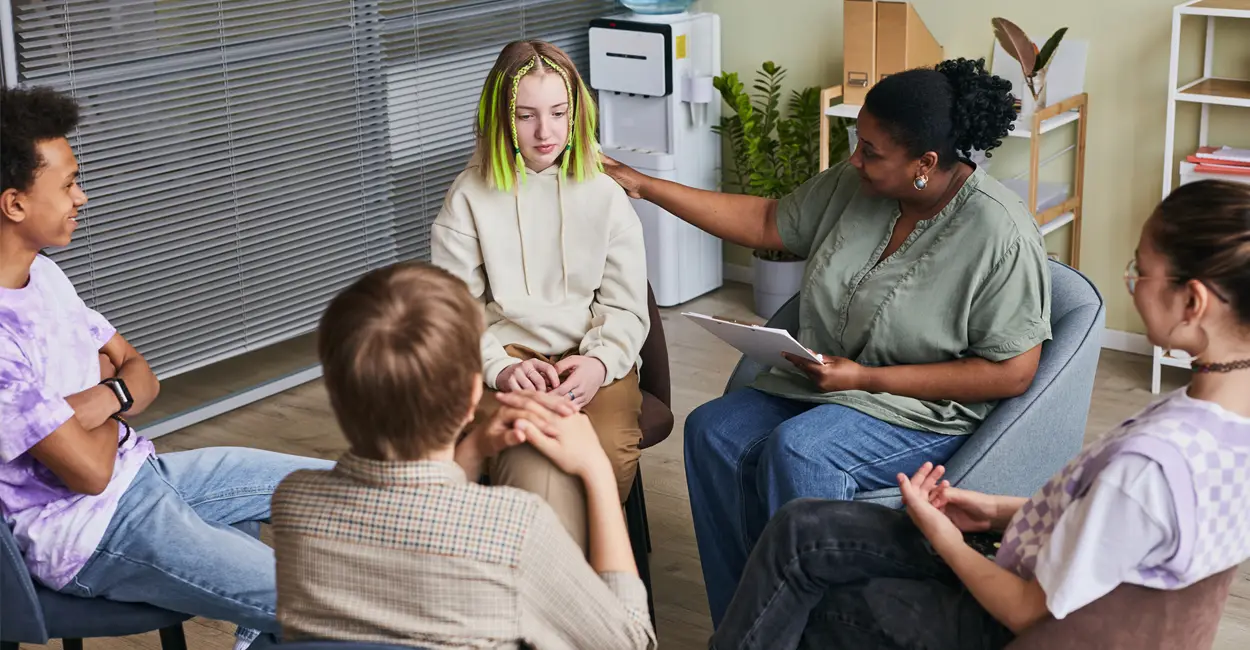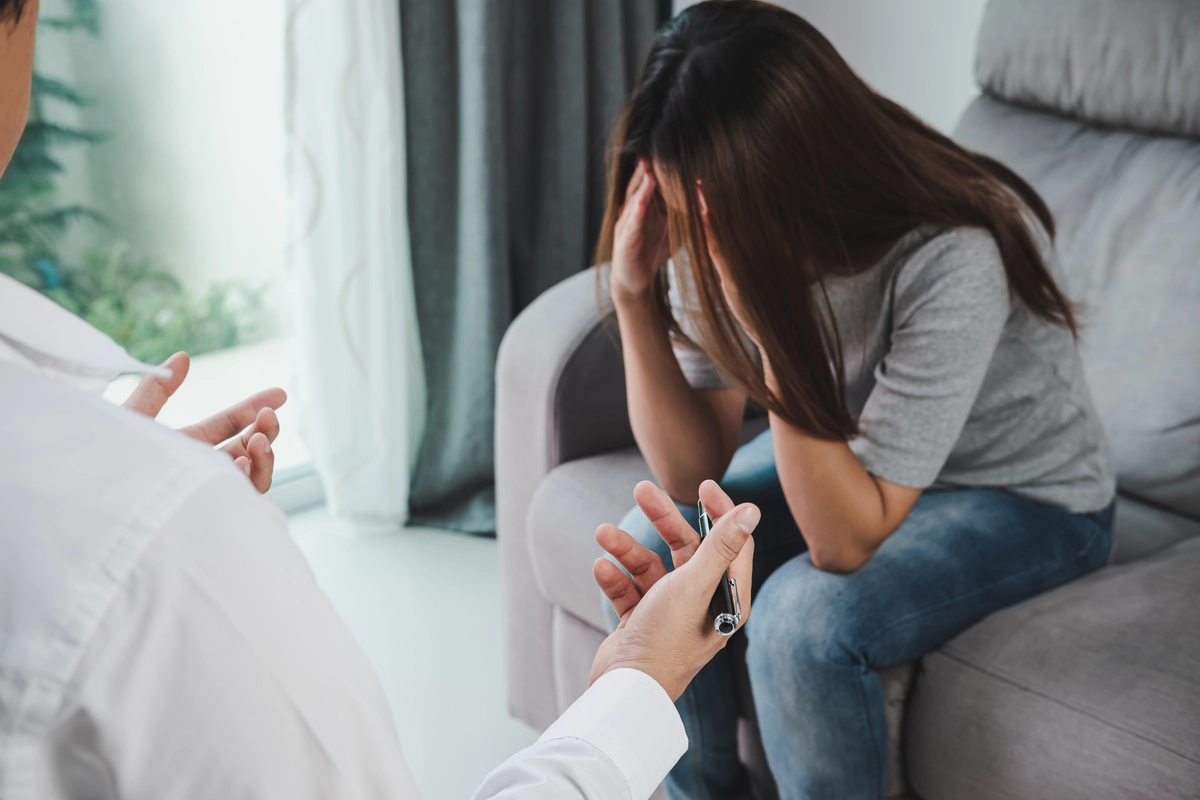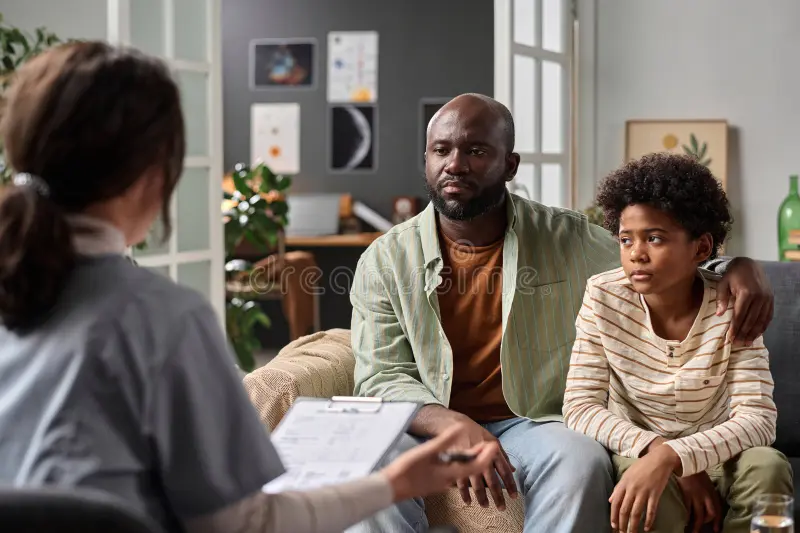24/7 Helpline:
(866) 899-221924/7 Helpline:
(866) 899-2219
Learn more about PTSD Treatment centers in Quitman County

Other Insurance Options

CareSource

Ambetter

PHCS Network

MHNNet Behavioral Health

BlueShield

American Behavioral

AllWell

Choice Care Network

Covered California

Ceridian

Coventry Health Care

WellCare Health Plans

Horizon Healthcare Service

Health Net

Carleon
Beacon

Anthem

Sutter

EmblemHealth

Access to Recovery (ATR) Voucher















































